”We strive to nurture and support all living and non-living things with children.”

“When we educate students about the environment and motivate them to take initiative to protect it as a major part of their life, they will become activist for the environment and stop others from harming the environment by creating platforms for the awareness of the need and importance of environmental education in every part of the society.”

“For 25 years, I have been leading an eco group at school and implementing various large and small projects with students.
I am very proud of the continuous activities that have become a part of our life at school, and that have contributed to our school proudly wearing the platinum status of Eco-School.”

“My job is to awaken curiosity in my students, to teach them to question, to be responsible and independent; day by day I realize that being an agent of change is in each one of us.“

“Kate is committed to providing opportunities for children to grow and learn through outdoor play and exploration. This includes practical experiences that allow children to work in harmony with nature and develop a firm understanding of the interrelationship between all living things.”

“I can say that I have been able to transmit to my students, interest, love, respect, and care towards everything that surrounds us, modifying habits that are implemented within the school community and in their homes.”

“Although environmental education is not a separate subject in the timetable in Slovakia, it is a daily part of what we live in the classroom and school.”

“In my free time, I am an avid writer:
I have written and published two books for children focused on environmental and humanitarian issues prevalent in our days and society.”

“We can get inspired by things that surround us and have an immediate impact on our everyday life, but we can also virtually travel around the world and help our students see the global challenges.”

“At school, we have learned about oceans, corals, forests, and when students learn about the problems we are generating and facing, they plan strategies, actions and they lead changes, first in their habits, then in their houses with their families, and finally in their communities.”

“All students have become more aware about reducing their carbon footprint as much as possible as a result.”

“With the environmental programme we have implemented for schools, children have been able to examine and evaluate the diversity, resources, problems, and solutions of the environment they live in.”

“Start knowing and understanding nature from an early age is important.”

“Teaching kids to count is fine, but teaching them what counts is best.”

“Environmental responsibility should be a feature that we make behavior not only at the Environment Week but at every moment of life.”

“I can see that they start warning each other about the topics we discuss, which mostly starts with waste management and recycling.”

“I am committed to utilizing my acquired abilities to empower students and educators to become agents of change, building a greener and more harmonious future for all.”

















